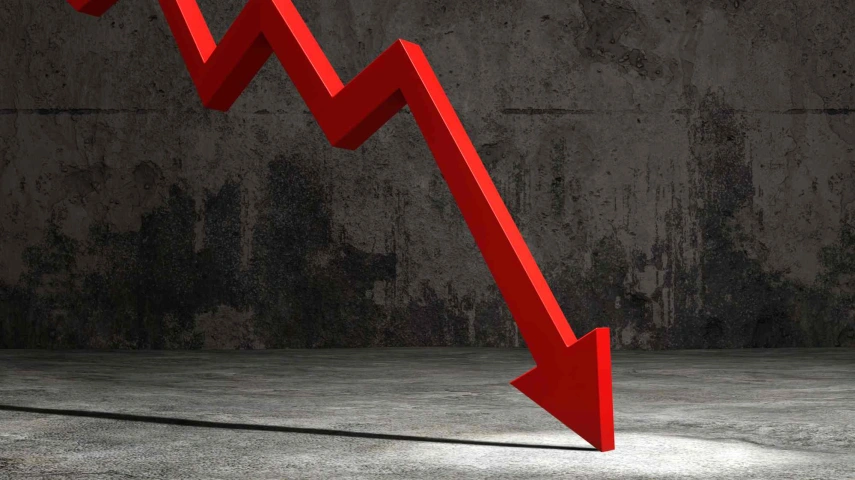Platinum NPAT declines 89% after $5.6bn in outflows



Platinum Asset Management’s NPAT has fallen by 89 per cent, with the firm confirming that it will be renamed as L1 Group following the expected completion of its merger with L1 Capital.
Statutory net profit after tax (NPAT) fell 89 per cent from $45.1 million a year ago to $6.2 million.
The decline was exacerbated by $42.5 million in turnaround program costs, including a $31.2 million non-cash charge tied to accelerated share-based payment amortisation following staff departures and the cancellation of long-term incentive grants that failed performance hurdles.
Funds under management (FUM) fell to $7.9 billion at 30 June 2025, down 39 per cent from $13 billion a year earlier, the firm said in an ASX listing. Average FUM across the year dropped to $10.8 billion, nearly 30 per cent lower than the prior year, as the group grappled with $5.6 billion in net outflows, including the loss of a major institutional mandate.
Fee revenue fell 28 per cent to $125.8 million, with management fees hit by the steep fall in average FUM, and negligible performance fees were earned.
The group’s flagship Platinum International Fund again underperformed broader markets, although the Platinum International Brands Fund delivered a 22 per cent return for the year. Platinum seeded two new strategies during FY25, including a $25 million commitment to the GW&K Global Small Cap Fund under its Partner Series.
Boardroom turbulence and remuneration tensions also continued to cast a shadow. The manager received a “second strike” at its 2024 AGM, triggering a spill motion that was ultimately defeated. Long-time founder James Simpson returned to the board as an executive director in March, while Rachel Grimes AM was elected by shareholders after being appointed in September.
Chair Guy Strapp acknowledged the instability created by unsolicited approaches for the business during late 2024, which did not progress but heightened uncertainty and client redemptions.
“This instability, combined with sustained lacklustre investment performance for our flagship fund, only served to put further pressure on fund outflows and resulted in the loss of a large institutional mandate, with consequential impacts on revenue,” Strapp said.
Merger central to turnaround
The proposed merger with L1 Capital, announced in July, is now central to Platinum’s turnaround.
If approved at the 22 September extraordinary general meeting, the combination will create a manager with $16.5 billion in assets spanning listed equities and alternative strategies.
Under the plan, Platinum CEO Jeff Peters and Grimes will remain on the board, while several current directors, including Simpson, are expected to step down to make way for L1 nominees.
The market has responded positively to the deal, with Platinum’s share price jumping from $0.50 at the time of the announcement to $0.825 by 21 August.
“If approved by shareholders, we expect the merger to deliver a market-leading provider of listed and alternative investment strategies … concluding the turnaround announced to the market approximately 18 months ago,” Strapp told shareholders.
Expanding on this during the post-results webinar, Peters said: “We view that proposed merger as a capstone event on the turnaround program that we began in 2024.
“The combined company would have a leading position in the long/short equity market, as well as a lot of other asset classes.”
Peters also announced the entity will be renamed to L1 Group, while remaining listed on the ASX post-completion.
“The proposed merged company will have a very strong diversified position across Australian equities, international equities and alternative asset classes, and also a very diverse mix of channels, really broadening the base from which we work and also having leadership positions across the segments in Australia,” he said.
Peters added that Platinum has decided that, once the merger goes through, the Platinum International strategy (its flagship international equities fund) will no longer be run directly in-house by Platinum’s own portfolio managers. Instead, L1 Capital’s international equities team will manage it under a subadvisory arrangement.
The CEO has, earlier in the webinar, referred to the international unit as “lagging”, noting that while investment performance had improved across many of its funds, client outflows in the international unit remained elevated.
“L1 International has a very strong track record in a long history of a very stable team and we’re excited about the potential that they bring in terms of improving performance and the experience for Platinum unit holders,” he said.
“I think the final brick in the wall is moving the international fund over to L1 International to strengthen that capability.”
Recommended for you
LGT Wealth Management is maintaining a neutral stance on US equities going into 2026 as it is worried whether the hype around AI euphoria will continue.
Tyndall Asset Management is to close down the Tyndall brand and launch a newly-branded affiliate following a “material change” to its client base.
First Sentier has launched its second active ETF, offering advisers an ETF version of its Ex-20 Australian Share strategy.
BlackRock has revealed that its iShares bitcoin ETF suite has now become the firm’s most profitable product line following the launch of its Australian bitcoin ETF last month.










